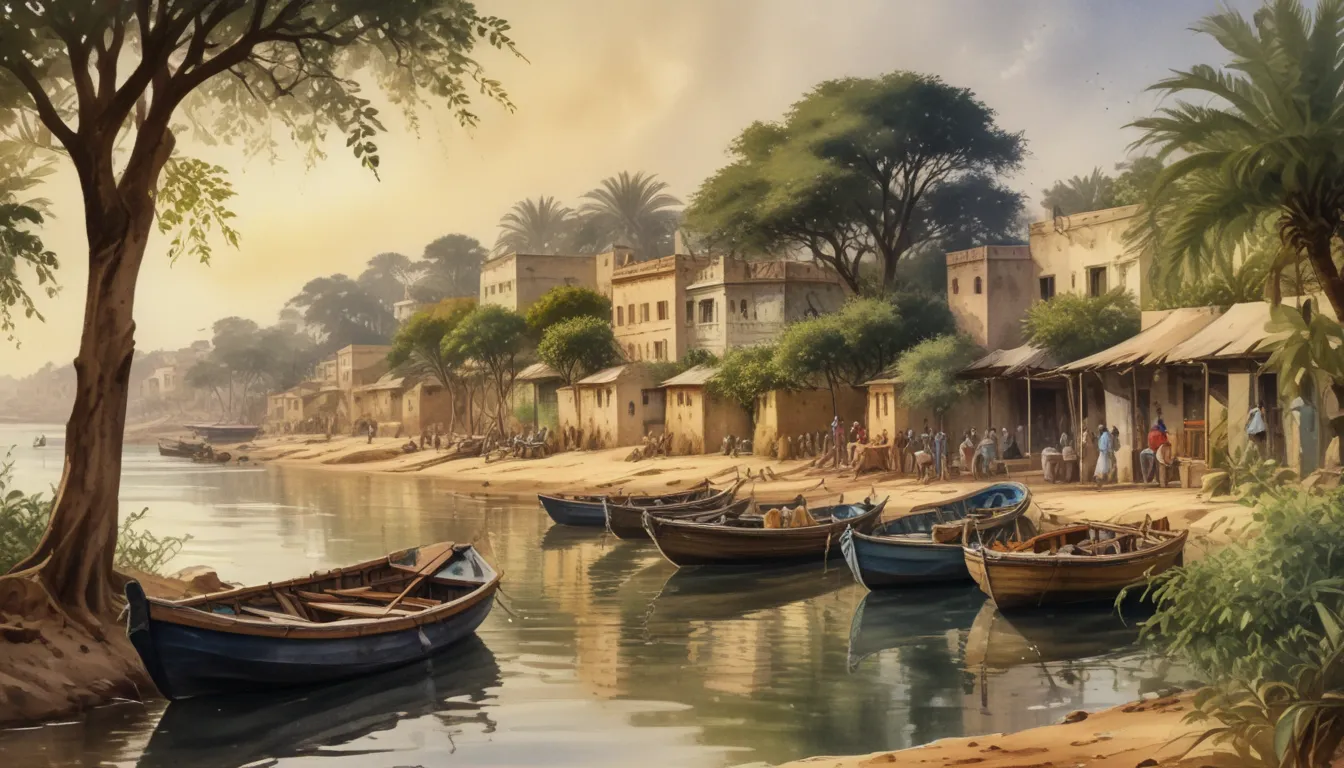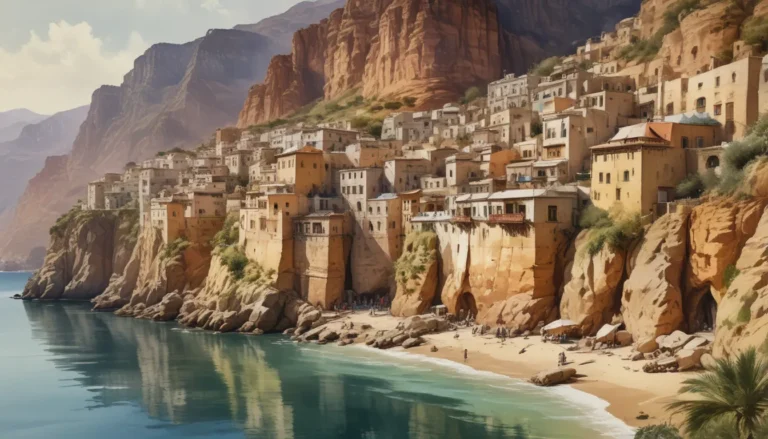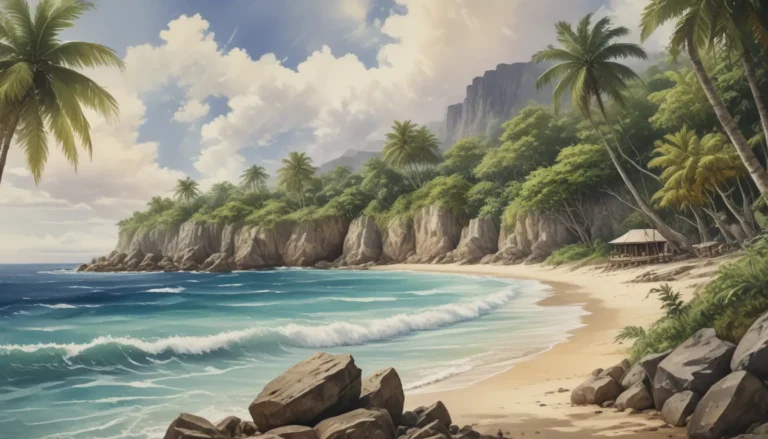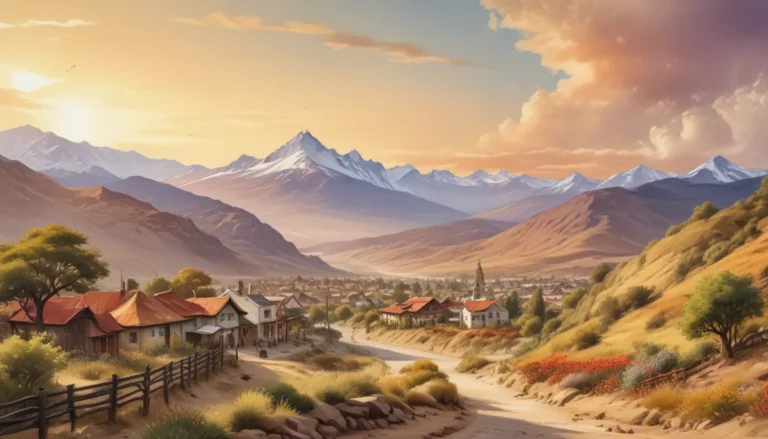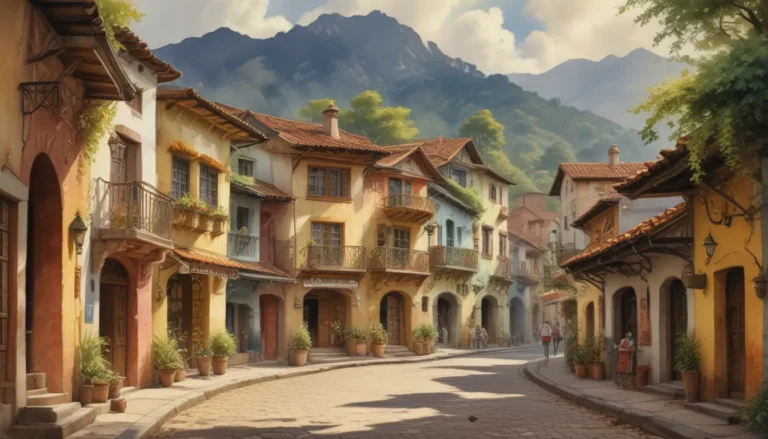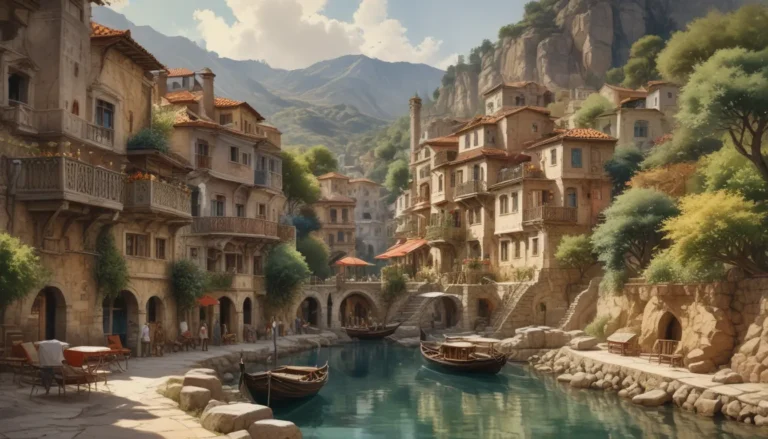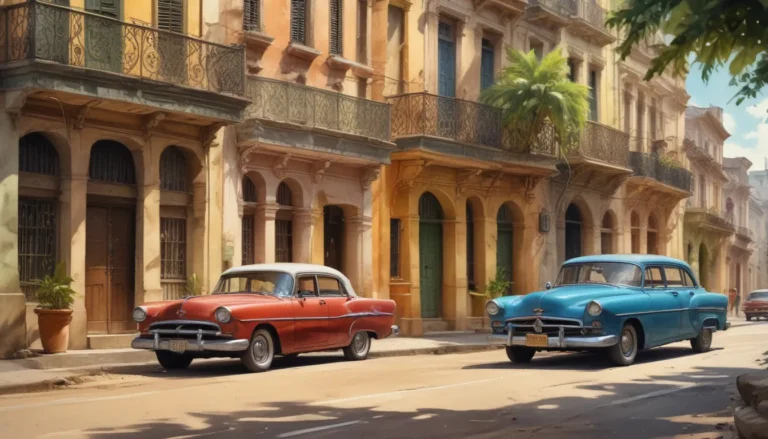The images in our articles are for illustrative purposes only and may not exactly match the content. They are intended to capture your interest and complement the text, not to replace it.
Welcome to Senegal, a vibrant West African country brimming with rich history, diverse culture, and breathtaking landscapes. From the bustling streets of Dakar to the serene beaches of Saly, Senegal offers a unique blend of traditional charm and modern experiences that are bound to captivate any traveler. In this article, we will delve into 37 fascinating facts about Senegal, shedding light on its history, geography, language, people, cuisine, and much more. Whether you are planning a visit to this beautiful country or simply curious about its intriguing aspects, join us as we explore the wonders of Senegal.
Senegal: A West African Gem
Located on the westernmost point of the African continent, Senegal is a country that captivates with its stunning coastline and vibrant culture. With its bustling capital city of Dakar, known for its vibrant music scene and bustling markets, Senegal offers a glimpse into the heartbeat of West Africa.
Unveiling the Culture of Senegal
Senegal is a melting pot of over 15 ethnic groups, each with its own unique traditions, languages, and customs. The official languages of Senegal are French and Wolof, reflecting the country’s colonial history and cultural diversity. Known for its rich cultural heritage celebrated through music, dance, art, and literature, Senegal boasts a vibrant and dynamic cultural scene.
Griots – The Keepers of Senegal’s History
Griots, traditional storytellers, and musicians, play a vital role in preserving Senegal’s history and passing it down through generations. Their stories and music serve as a link to the country’s past, keeping alive the traditions and tales of old.
The Rhythm of Senegal: Lively Music and Dance
Senegal’s traditional music, including genres like mbalax and sabar, is renowned for its infectious rhythms and energetic dance moves. The country has produced world-famous musicians like Youssou N’Dour and Baaba Maal, who have left an indelible mark on the global music scene.
Flavorful Delights: Senegalese Cuisine
Senegalese cuisine is a delightful fusion of flavors influenced by West African, French, and Arabic culinary traditions. One must-try dish is Thieboudienne, a delectable rice and fish dish considered the national dish of Senegal. The diverse culinary landscape of Senegal is a testament to its rich history and cultural influences.
The Beauty of Senegal: Breathtaking Landscapes
Senegal boasts diverse landscapes, from the pristine beaches of Cap Skirring to the wildlife-rich Niokolo-Koba National Park. Saint-Louis, a designated UNESCO World Heritage Site with its colonial architecture and vibrant cultural scene, offers a window into Senegal’s past.
The Pink Lake of Senegal
One of Senegal’s unique natural wonders is the Pink Lake, or Lake Retba, known for its stunning pink hue due to a high salt concentration. This scenic marvel is a must-visit for any traveler looking to witness the beauty of Senegal’s landscapes.
Gorée Island: A Symbol of Resilience
Gorée Island, off the coast of Dakar, serves as a poignant reminder of the transatlantic slave trade, showcasing the resilience and strength of the Senegalese people. It has become a site of reflection and remembrance, drawing visitors from around the world.
Sporting Spirit: Wrestling in Senegal
Wrestling, known as “Lamb” in Senegal, is the country’s most popular sport and attracts a massive following. Deeply rooted in Senegalese culture, traditional wrestling tournaments and rituals showcase the country’s sporting prowess and heritage.
Warmth and Hospitality: Teranga in Senegal
Senegal is renowned for its warm hospitality and the concept of teranga, emphasizing generosity and welcoming guests with open arms. The spirit of teranga is ingrained in Senegalese culture, making visitors feel at home in this vibrant nation.
The Essence of Senegal: Rich History and Natural Resources
Senegal’s rich history is marked by powerful kingdoms, independence from France in 1960, and a diverse cultural heritage. Blessed with abundant natural resources like fish, phosphates, and natural gas, Senegal is a land of potential and promise.
Exploring Senegal’s Influential Figures
Senegal is home to visionary leaders, revered poets, and talented individuals who have shaped the country’s identity on the global stage. From Léopold Sédar Senghor, the first President of Senegal and celebrated poet, to Sadio Mane, a beloved football star and national treasure, Senegal continues to produce exceptional talents that inspire and captivate.
Conclusion: Embark on an Unforgettable Adventure in Senegal
Senegal beckons with its captivating allure, inviting travelers to explore its rich culture, stunning landscapes, and vibrant history. Whether you’re drawn to ancient ruins, traditional music and dance, or mouthwatering cuisine, Senegal offers an array of experiences to delight every visitor. With its warm and welcoming people, Senegal promises an unforgettable adventure in West Africa.
FAQs About Traveling to Senegal
-
How do I get to Senegal?
Senegal is well-connected by air, with several international airlines flying to the capital city of Dakar. You can also enter by land from neighboring countries. -
Do I need a visa to visit Senegal?
Visa requirements vary by nationality. Check with the Senegalese embassy or consulate in your country before traveling. -
What is the best time to visit Senegal?
The dry season from November to May is the best time to visit Senegal, with pleasant weather and fewer chances of rain. -
What are some must-visit places in Senegal?
Dakar, Gorée Island, Saint-Louis, the Pink Lake, and the Djoudj National Bird Sanctuary are must-visit destinations in Senegal. -
Is it safe to travel in Senegal?
Senegal is generally a safe country to visit, but basic precautions and awareness of your surroundings are important. -
What is the official language of Senegal?
French is the official language of Senegal, but Wolof is widely spoken and understood throughout the country. -
What is the local currency in Senegal?
The West African CFA franc (XOF) is the local currency in Senegal. Exchange currency at banks or authorized exchange offices. -
What is the traditional food in Senegal?
Thieboudienne, yassa, mafe, and pastels are popular traditional dishes in Senegal, showcasing the country’s culinary diversity. -
Are there any cultural customs or etiquettes to be aware of?
Respecting local customs, such as greeting with a handshake and asking permission before taking photographs, is important in Senegalese society. -
What are some souvenirs to buy in Senegal?
Traditional crafts, jewelry, colorful fabrics, and artwork make for popular souvenirs to purchase in Senegal, reflecting the country’s rich culture and heritage.
Senegal’s allure is undeniable, with its vibrant culture, rich history, and warm hospitality inviting visitors to explore its wonders. From the captivating landscapes to the pulsating rhythms of traditional music, Senegal promises an unforgettable journey in the heart of West Africa. Pack your bags and immerse yourself in the magic of Senegal, a gem waiting to be discovered.
